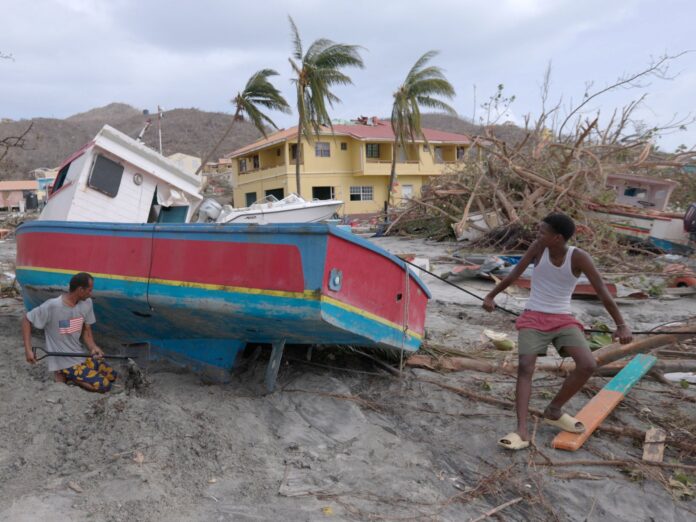Reflecting on the aftermath of Hurricane Beryl in the Caribbean and the recent UN Climate Change Conference in Baku, it is clear that developing countries like Grenada need support in the face of increasing climate-related disasters.
For Grenada, pausing debt servicing under a hurricane clause provided crucial liquidity at favorable rates compared to other financial instruments. However, this temporary relief will need to be repaid eventually.
As hurricanes become more frequent and severe due to climate change, vulnerable countries are facing mounting debt and loss. The question arises: who should bear the financial burden of climate-related damages?
Implementing international levies to fund loss and damage may seem like a lofty goal, but history shows it is possible. The response to the Torrey Canyon disaster in 1967 led to the establishment of compensation funds for oil spills, demonstrating global cooperation in addressing environmental risks.
Today, as the shipping industry commits to decarbonization, a small levy on fossil fuels and goods transported could generate significant funds for climate-related loss and damage in vulnerable countries.
It is crucial for international institutions and governments to take action to prevent vulnerable countries from drowning in debt and to ensure long-term resilience against climate-related disasters.
Let us not wait for a catastrophic event to spur action – the time to act is now.
The views expressed in this article are the author’s own and do not necessarily reflect Al Jazeera’s editorial stance.




